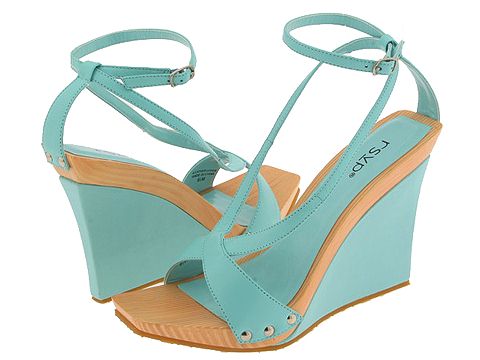 Are You An Emotional Eater
Are You An Emotional Eater By Patricia Zelkovsky
Millions of people fall into the category of emotional eating. Emotional eating is also a major cause of obesity. Emotional eating can be called a psychological disorder, as it does not satisfy hunger.
Food is a vital source of energy and nourishment. It is not possible to perform daily activities without food and not a single organ can perform its function without food. Nevertheless, it also performs some other roles in our lives - a role of entertainment and comfort. We prepare food whole-heartedly and serve to show love or friendship or to celebrate joy.
What is emotional eating?
Emotional eaters see food not as a source of energy but they eat simply because they want to divert their mind from any sad feelings or stress. Emotional eating is considered to be on the same addiction level as drugs, alcohol and cigarette smoking often causing a spiraling depression.
How can you tell if you are an emotional eater? Do you indulge in eating other than satisfying your hunger? Are you full of thoughts about food? I am not talking about getting excited over an occasional treat or a simple craving. We all have cravings and when hungry we will all focus our thoughts on food. I am specifically speaking of thoughts of food that literally take over thoughts of everything else. Thoughts of food that totally consume you. If you answered yes to all these questions, it means that you are an emotional eater.
How can you overcome emotional eating? Emotional eating resulting in obesity will often overwhelm your conscience and make you feel more depressed. Many will often submit to purging their food, in order to keep their weight low. Not only does purging cause short term distress on your body, there is often long term physical and psychological damage that may take years to repair.
Although emotional eating is often best dealt with by a professional, there are a few tips that you can try on your own.
Try to get to know yourself. I know that this sounds very simplistic but many people often don't know themselves as well as they think that they do. Take a pad and a pen and write down all of your good traits. Now list any accomplishments that you have had in your life, however small they might be. Beneath that, list people that depend on you. After reading your list over you should start to see that you have some really qualities and that by over eating you may jeopardize these. If by chance you list is rather small don't get discouraged, it just means that you are not giving yourself enough credit for what you do best. Try letting a trusting spouse, friend or partner complete your list. They will more than likely be able to fill several sheets.
Divert your mind. If you are stressed or tensed, you should try to divert your mind away from food. If you are not hungry, you can divert your mind in reading books, listening to music or doing your favorite activity. Try to meditate and think about your most relaxing place in the world. The beach, a pool, the top of a mountain, you get the idea. This will take your mind away for a few minutes and when you return, there is a good chance that your mind will turn to other things besides food.
Get something to do with your hands. Put together models, learn to knit, play solitaire, read that book that you have been putting off for ions, go for a walk.
Increase your water intake. Drink a glass of water 10 minutes before you give in to your desires to eat while emotionally charged. This will help you in two distinct ways. First it will fill you up a bit so if you do give in to your urges, you will naturally eat less and many times you will find that the few minutes that you concentrate on your glass of water, your thoughts drift away from food. Have you ever noticed that often when there is an emergency you will hear someone say "sit ", then they give them a glass of water? It's not that the actual glass of water will do anything for them, but for the few seconds that they are drinking the water, their mind gets diverted and it gives their body a time to relax a bit.
Emotional eating is a very hard habit to break but you can work on it little by little until it is manageable. If you feel as though you are totally out of control please consult a professional. There are many groups that can help and most are either free or have just a nominal charge or donation.
A good place to check is with your state health department or if you have health insurance contact your health insurance company. Emotional eating is hard to break on your own and there are many whom are willing to help you overcome it.
About the Author
If you take your health and weight weight seriously, make sure to check out the top weightloss site health and diet tips http://www.the-weightloss-guide.com right away.
Article Source: http://EzineArticles.com/?expert=Patricia_Zelkovsky



















